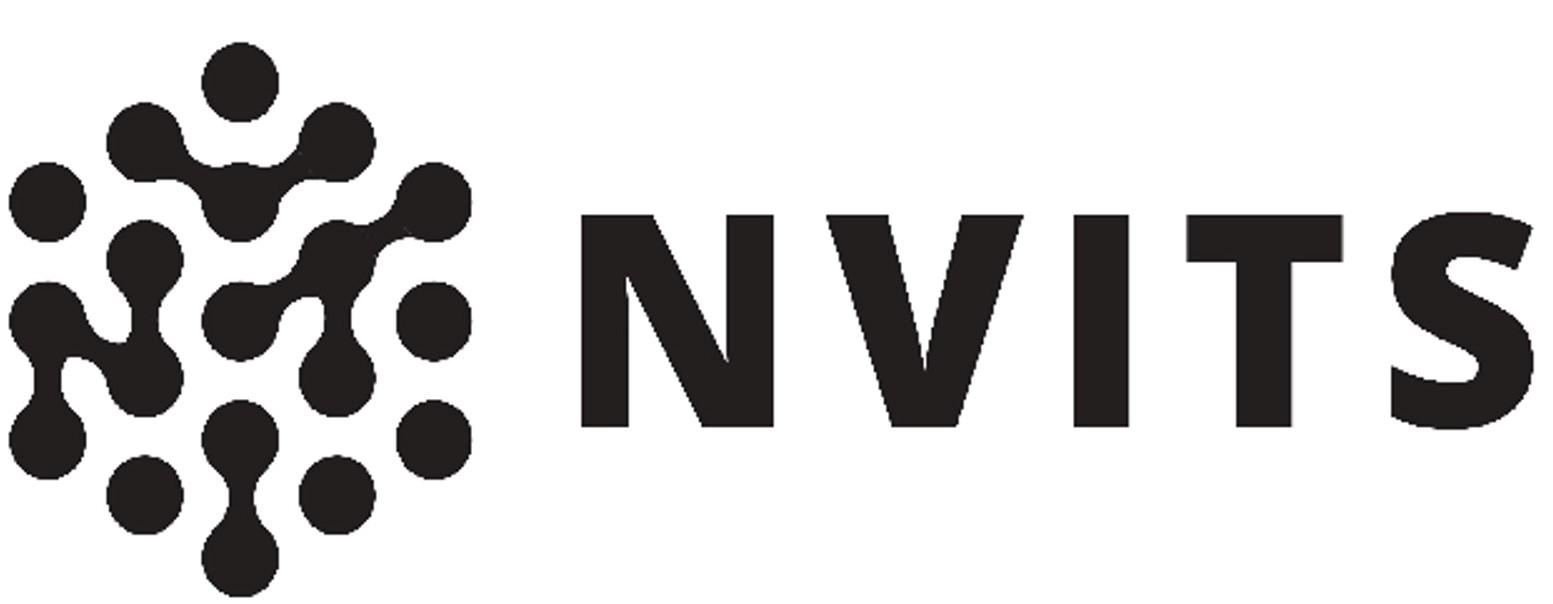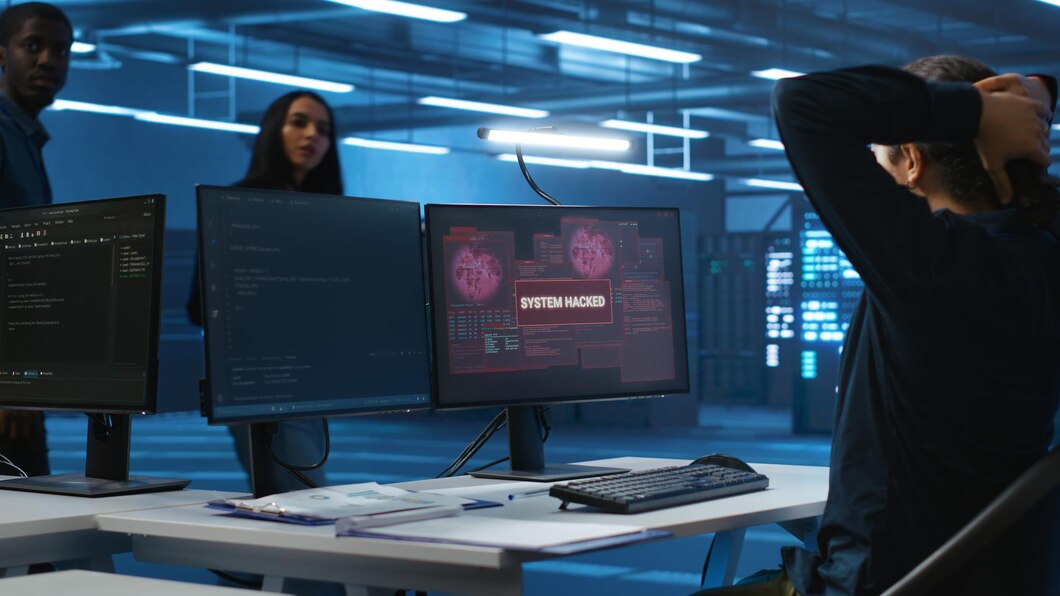Ransomware is arguably the worst kind of malicious program. Currently, there are two types of ransomware: Encrypting and locker. Encrypting ransomware encrypts your files and blocks you from using them unless you pay for a key to unlock them. Locker ransomware locks you out of your entire operating system unless you pay to unlock it. Both are awful and can not really be fixed unless you have a backup or actually pay the ransom. Because of this, the best way to protect yourself from ransomware is to take preventative action. Here are a few tips that will help you do that.
The very first thing you should do is back up your computer’s hard drive. It is also important to make sure that you are backing up your files on a consistent basis. It would be highly recommended that you have a backup on an external hard drive and on the cloud.
Personalize your anti-spam settings so that your server blocks attachments that have suspicious extensions. Such extensions would be .exe, .vbs, or .scr. These extensions are often connected with ransomware through email. Should something suspicious get through your anti-spam filter, do not open it. Be aware of who the email is from. Do not open an email if it comes from a suspicious person.
Really think before opening a hyperlink. Hyperlinks sent through social media or instant messengers can include malicious software. Always use your best judgment in opening anything on your computer.
Change your computer settings to allow you to see file extensions. By doing this, you can see the file type of the file that you are opening or are about to open. This way, you can easily avoid opening malicious files. Files should be avoided if they have two extensions.
If you notice a strange or suspicious process on your computer, immediately disconnect from the internet. This can instantly halt any attack as the ransomware attack requires the internet to connect to your computer.
Keep your computer’s firewall turned on and working at all times. In addition, make sure that everything on your computer is updated. This includes its operating system, antivirus, browsers, Java, Flash and all other software. In doing so, make sure that your antivirus can scan all files, including those that are archived and compressed. Disable Windows Script Host, file sharing, and think about disabling Windows PowerShell. Lastly, install a block up blocker for your browsers.
It is also important to use good passwords and be wary of your computer’s wireless capabilities. There are some cases where Bluetooth has been taken advantage of, so it is recommended to turn it off when not in use. Similarly, remote services should be turned off when not in use. AutoPlay should also be turned off. The last thing you want is to plug in is a USB and your computer automatically downloads everything on it!
Do you want more information on how to prevent Ransomware attacks? Contact us at info@nevadaitsolutions for more information.

